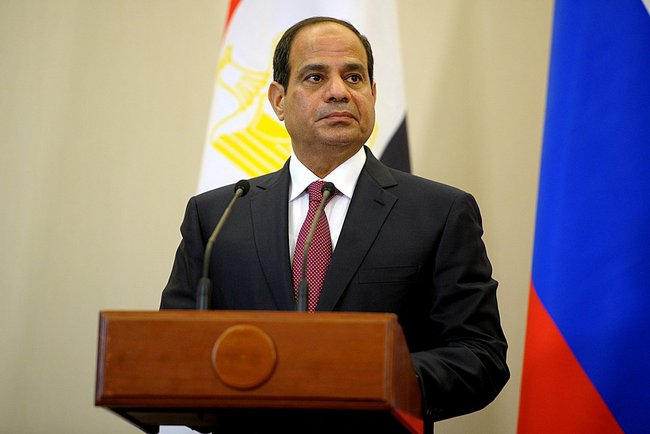New Decree Gives Security More Powers to Halt Dissent
A new, vague decree has been signed by Sisi which is set to bolster the powers of the security forces.

In an effort to curb the spread of terrorism, President Abdel Fattah Al Sisi has signed a new decree which bolsters anti-terrorism laws, giving authorities more power to ban groups on vague charges ranging from harming national unity to disrupting public order.
Since the removal of Morsi from office, the Egyptian government have been dead set on dismantling the Muslim Brotherhood classifying them as a terrorist group, and passing new laws that allow for their systematic disbanding. According to the government's Gazette, the law enables authorities to act against any individual or group deemed a threat to national security, including people who disrupt public transportation, an apparent reference to protests. Under this new law the public prosecutor can ask the criminal court to lists suspects as terrorist and start a trial.
The new decree is loosely defined, so it isn’t exactly clear how much power is being given to authorities to crush dissent. The only indication that may just be coincidence is the fact that on Monday the Ministry of Social Solidarity dissolved 169 non-governmental organisations established by or connected to the Muslim Brotherhood, reports Al-Ahram's Arabic news website. According to the statement released by social solidarity minister, the NGOs were located in nine different governorates, including Assiut, Sohag, Aswan, New Valley, Kafr El-Sheikh, Alexandria and Damietta, and that their assets have been seized and will be used to a support civil organisations and associations.
One can argue that the new decree has nothing to do with the decision to dissolve the 169 NGOs, as the social solidarity ministry announced in July that all civil groups must be registered with the government. A controversial law that was issued in 2002 under the Mubarak’s regime, which critics argue was used to hamper rights organisations' mobility and freedom.
- Previous Article Video: Egyptian Street Vendor Makes Amazing Cotton Candy Art
- Next Article Mahmoud Refaat: Bringing Noise























